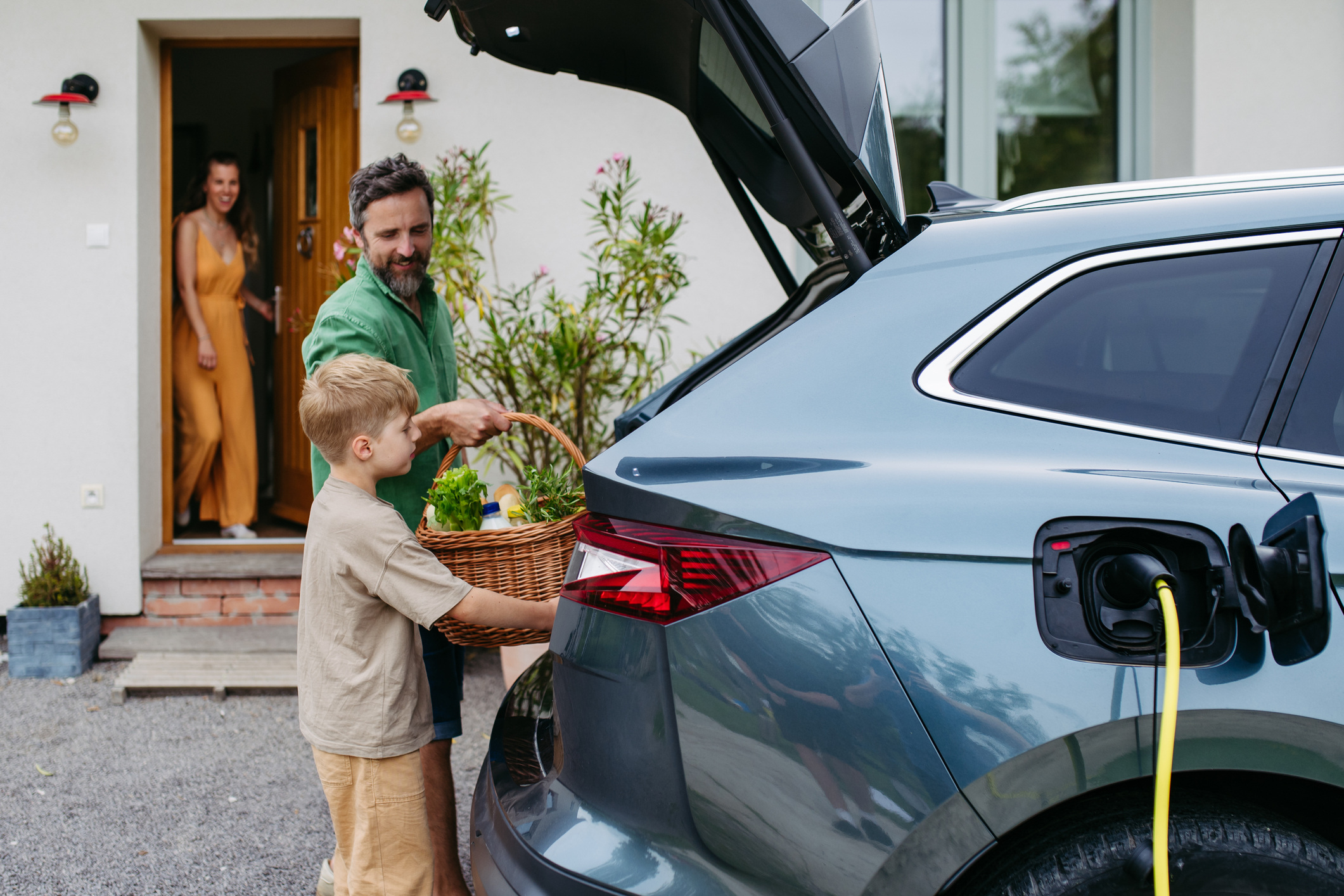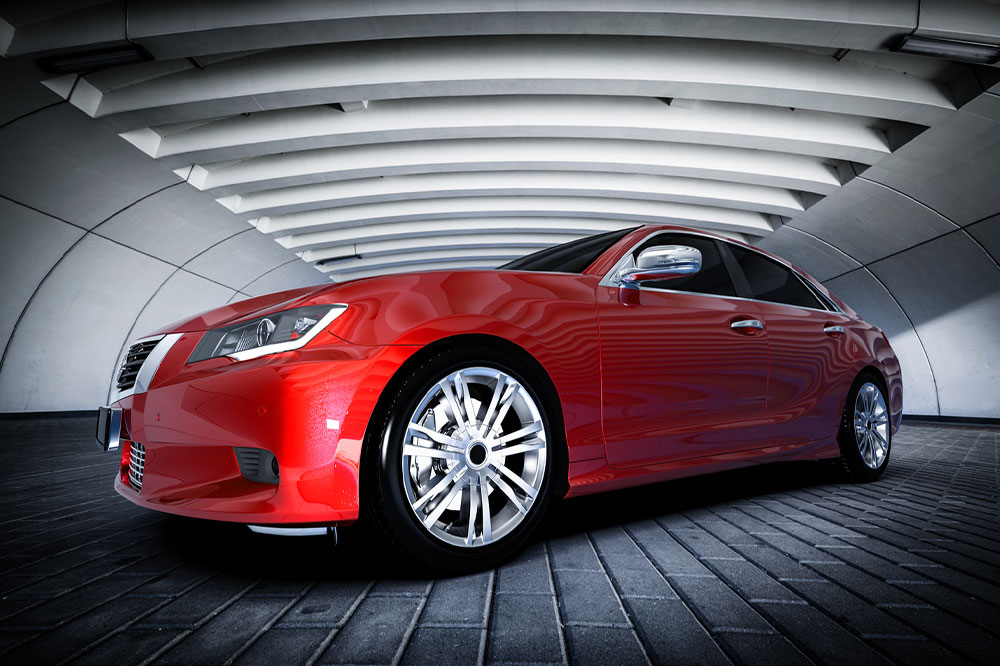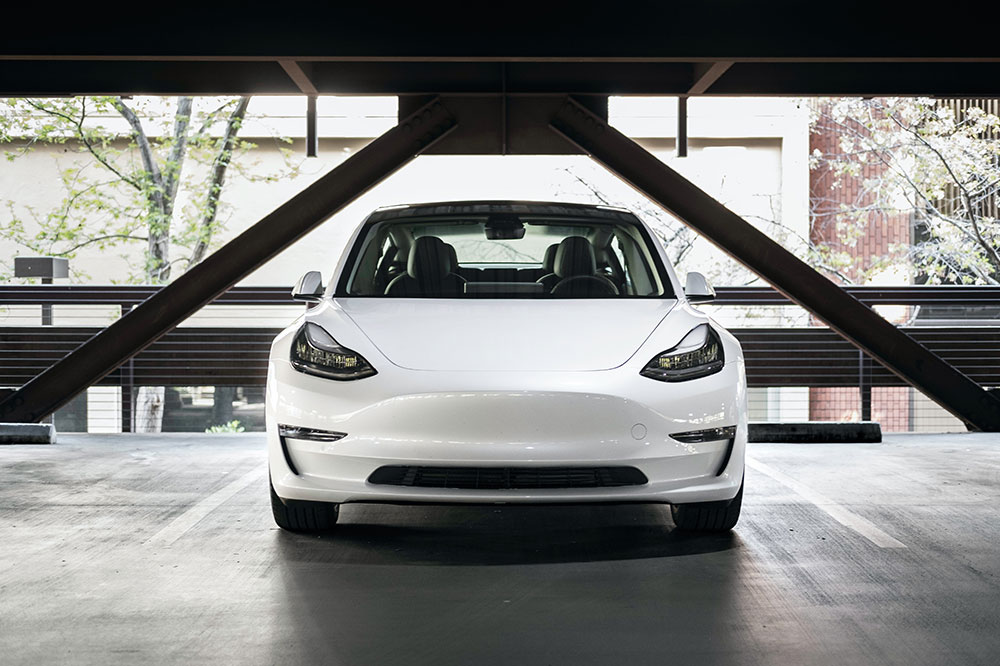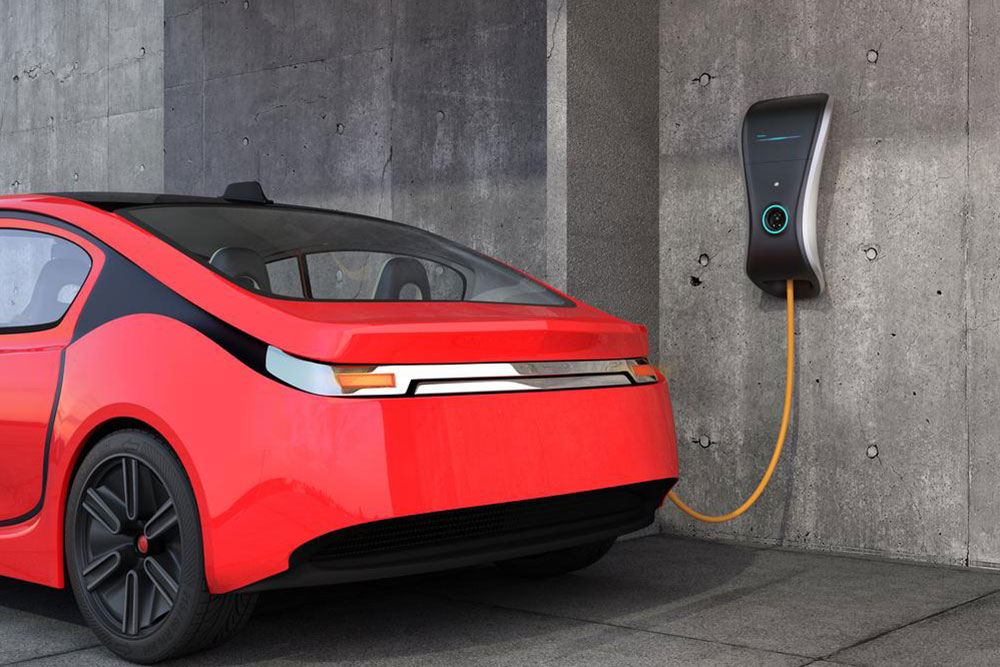The Real Costs of Owning an Electric Car: What You Need to Know
The transition to electric vehicles (EVs) has been one of the most significant shifts in the automotive industry in recent years. As concerns over climate change and fuel consumption grow, many consumers are considering making the switch from traditional gasoline-powered cars to electric cars. While electric cars have a lot of appeal due to their environmental benefits and reduced operating costs, they also come with their own set of financial implications.

1. Upfront Cost: The Price of Entry
One of the most significant barriers to owning an electric car is the initial purchase price. While the cost of electric vehicles has dropped in recent years, they are still generally more expensive than their gasoline counterparts. On average, EVs can cost anywhere from $5,000 to $15,000 more than a similar gas-powered car.
However, there are incentives available to help offset the purchase price. In many countries, governments offer rebates, tax credits, and other incentives to encourage the adoption of electric vehicles. For example, in the U.S., federal tax credits can range from $2,500 to $7,500, depending on the make and model of the vehicle.
Table 1: Comparison of Electric and Gas Car Costs
Car Type Average Price Government Incentives (USA)
Electric Car (EV) $30,000 – $60,000 $2,500 – $7,500
Gasoline Car $20,000 – $40,000 None
Note: Prices are average ranges and vary based on make, model, and location.
2. Charging Costs: Fueling an EV
One of the major advantages of electric cars is their lower fueling costs compared to gasoline vehicles. The cost to charge an electric car depends on several factors, including the size of the battery, the efficiency of the car, and local electricity rates.
Home Charging: Most EV owners charge their vehicles at home using a standard 120-volt outlet or a faster 240-volt Level 2 charger. The cost to charge at home typically ranges from $0.10 to $0.30 per kWh (kilowatt-hour), depending on where you live. The average electric car battery size is around 60 kWh, and fully charging this battery would cost between $6 and $18, depending on the rate.
Public Charging: Public charging stations typically charge by the minute or by the kWh, with prices ranging from $0.25 to $0.60 per kWh. Fast charging stations tend to be more expensive than slower chargers.
Table 2: Average Charging Costs
Charging Method Cost per kWh Cost to Fully Charge (60 kWh Battery)
Home Charging $0.10 – $0.30 $6 – $18
Public Charging $0.25 – $0.60 $15 – $36
3. Maintenance: Less Frequent but Specialized
One of the key selling points of electric cars is their lower maintenance costs compared to gasoline-powered cars. Since EVs have fewer moving parts and don’t rely on an internal combustion engine (ICE), they require less maintenance overall. Common maintenance items like oil changes, transmission fluid replacement, and exhaust system repairs are non-issues with electric vehicles.
However, while EVs require less frequent maintenance, there are some costs to be aware of:
Battery Replacement: The battery is the most critical component of an electric car and also the most expensive to replace. Depending on the make and model, a new EV battery can cost anywhere from $3,000 to $10,000. Fortunately, most EV manufacturers offer warranties of 8 years or more on their batteries, which can mitigate this cost for the first several years of ownership.
Brake Maintenance: While EVs use regenerative braking to help recharge the battery, brake pads on electric vehicles still need to be replaced periodically, but usually less frequently than on conventional cars.
Table 3: Average Maintenance Costs
Service Item Gas Car Electric Car
Oil Change $30 – $70 None
Brake Pads Replacement $100 – $300 $100 – $250
Battery Replacement None $3,000 – $10,000
4. Insurance: Higher Premiums
While the maintenance costs for electric cars are generally lower, the insurance premiums can be higher compared to traditional gasoline vehicles. This is due to the higher replacement cost of electric vehicles, particularly the cost of replacing the battery and other high-tech components.
Insurance premiums for electric vehicles can range from 10% to 30% more than for a comparable gasoline car. However, the specific increase in premiums depends on the make and model of the vehicle, your location, driving history, and other factors.
Table 4: Insurance Costs Comparison
Car Type Average Insurance Premium (Annual)
Electric Car (EV) $1,200 – $2,000
Gasoline Car $900 – $1,500
5. Long-Term Savings: Lower Total Cost of Ownership
While the initial purchase price of an electric vehicle may be higher, the total cost of ownership can be lower in the long run. The main factors contributing to this are the savings on fuel and maintenance.
According to a study by the U.S. Department of Energy, the lifetime cost of ownership for an EV can be lower than that of a gasoline car due to the following reasons:
Fuel Savings: On average, EVs cost about half as much to fuel as gasoline cars.
Maintenance Savings: Electric cars have lower maintenance and repair costs, as they have fewer moving parts and don’t require oil changes or exhaust system repairs.
Table 5: Lifetime Cost Comparison (Over 5 Years)
Car Type Upfront Cost Fuel Costs Maintenance Costs Total 5-Year Cost
Electric Car (EV) $35,000 $3,000 $2,000 $40,000
Gasoline Car $30,000 $8,000 $4,000 $42,000
Is an Electric Car Right for You?
Owning an electric car can offer significant savings in fuel and maintenance costs. However, the upfront price is typically higher than that of a gasoline car, and certain factors, such as battery replacement and insurance premiums, need to be considered. Despite these initial costs, many drivers find that the long-term savings and environmental benefits make EV ownership a smart financial choice.
It’s essential to evaluate your driving habits, budget, and the availability of charging infrastructure before making the switch to an electric vehicle. By weighing both the costs and benefits, you can make an informed decision about whether an electric car is the right choice for you.




